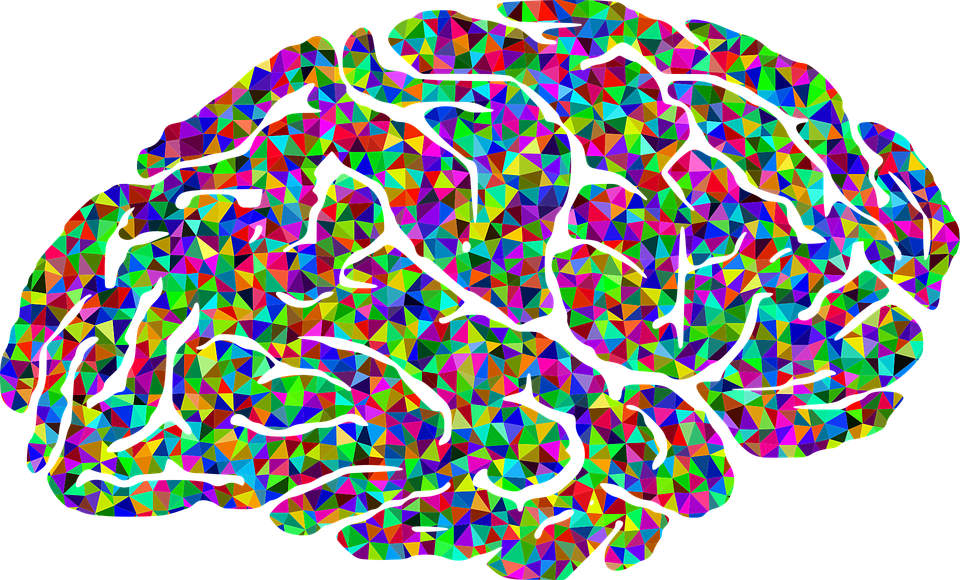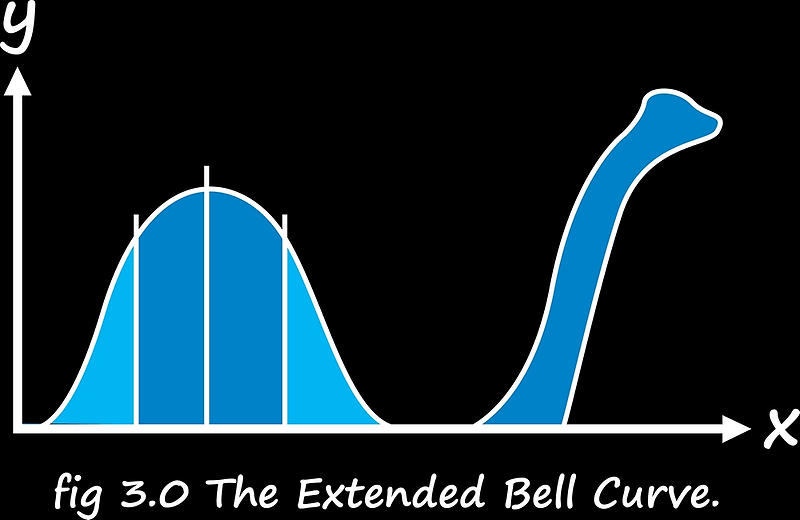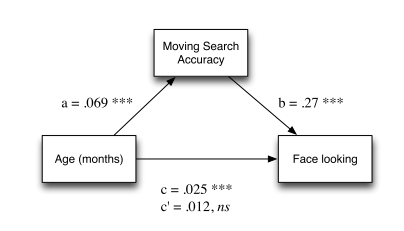-
Signal Detection: Decision Making in Uncertainty

We all experience uncertainty: How did I do on that test? What do they think of me? Where did I leave my keys? Is my phone ringing? In these and other uncertain situations, we have to take the evidence we have and make our best guess about the answer. Sometimes we’re right, and sometimes we’re…
-
Mind the Explanatory Gap

12329159165_a12a8df2ca_b Dualism is dead – it’s been dead for a while now, actually, and is beginning to smell a bit. Somebody ought to take it out. Ask any scientist, philosopher, or academic involved in the study of the mind and you will discover this in no uncertain terms for yourself. The notion that the mind…
-
Music Reaches Down to Our DNA

You’ve likely experienced strong emotions while listening to music. Would it surprise you to know that, at the same time, something as fundamental as the expression of your genes was potentially being altered? Chakravarthi Kanduri and his colleagues1 at the University of Helsinki found evidence for such deep effects. They collected blood samples before and…
-
An Illustrative Guide to Statistical Power, Alpha, Beta, and Critical Values

Want to learn more about statistical power? What alpha actually is, or beta? And even what critical values represent? Look no further than this popular piece using illustrative examples to explain!
-
Psychology and the Everyday

I’d like to start off a bit unusually today. Specifically, I’d like to make a request of you, dear reader. Nothing terribly difficult, but I realize it’s strange to have an article ask you to do something. If you’re on board so far, I’d like to ask you to choose a number between 1 and…
-
How to Take Good Notes: Go Low-Tech

More and more students are opting to take notes on laptops to save trees and – they assume – take better notes. But is this assumption correct? According to the findings UCLA’s Dr. Danny Oppenheimer recently published in Psychological Science , these students are wrong: in a study of note-taking comparing handwritten to typed notes, Meuller…
-
How do we see so many colors on a digital screen?

How can we possibly perceive a world of colors from just red, green, and blue, the colors of lights in TV, computer, and phone screens? The answer has to do with the way our visual system is set up: We have three different kinds of cones in the retina which respond most to what we…
-
Mediating and Moderating Variables Explained

What is the difference between a mediator and a moderator?
-
Theory of Mind: the Movie Magic in You

Film stands out as a particularly effective medium in conveying psychology to the public.
